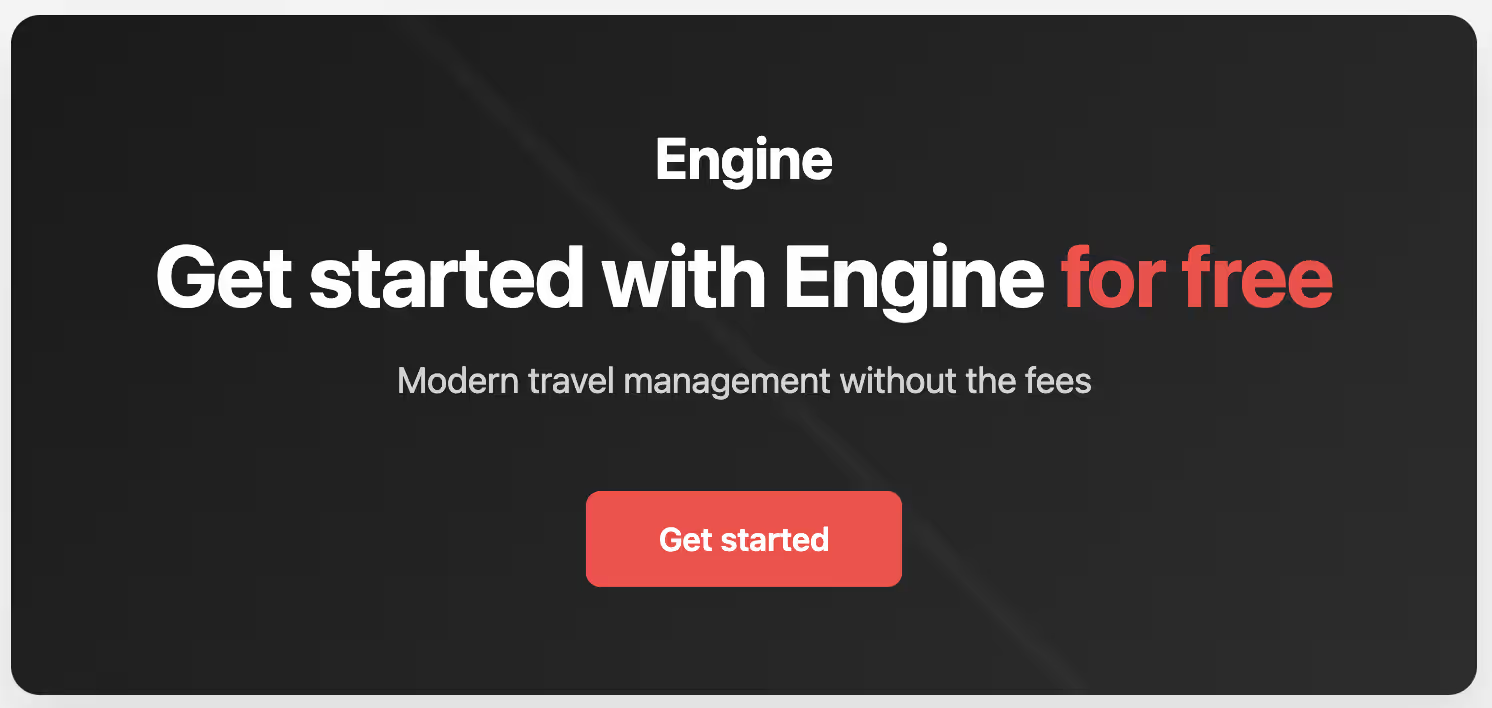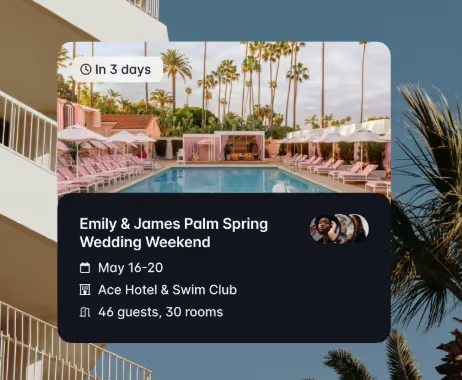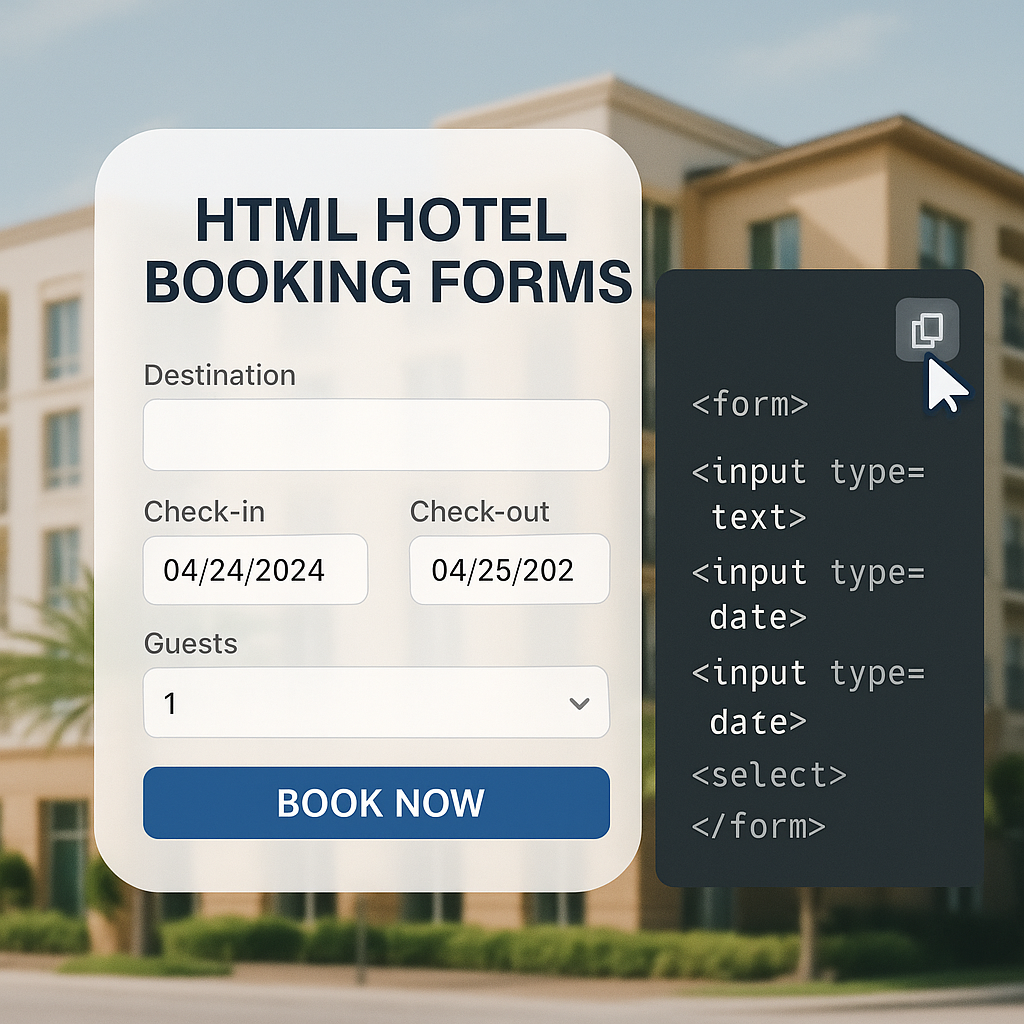Bulk Flight Ticket Booking: A Complete Guide for Crews

Save up to 40% on crew travel without the headaches
Your concrete crew needs to get to Phoenix. Your installation team has a job in Denver. Twelve electricians need flights to the Dallas project.
Booking individual tickets for your whole crew eats time and money. Bulk flight booking fixes both problems - but only if you know how airlines actually work.
This guide shows you exactly how to get better rates, avoid the traps that cost project managers thousands, and handle crew travel like everything else on your job site: efficiently.
What Counts as Bulk Flight Booking?
Bulk booking isn't just buying lots of tickets. It's about hitting the numbers that unlock better rates and flexible terms.
Additional Benefits for All Group Sizes
- 60% less paperwork compared to individual bookings
- Single invoice instead of dozens of separate charges
- Switch crew members without penalties (terms vary by size)
- Extended payment terms vs. immediate payment for individual tickets
Pro tip: Platforms like Engine can handle much of this administrative work while maintaining the personal touch needed for complex crew bookings.
When to Book Bulk vs. Individual Tickets
Book Bulk When:
- Crew size: 10+ people on the same route
- Set dates: Can commit to specific departure/return dates
- Plan ahead: Booking 4+ weeks out
- Fixed budget: Need locked pricing for project planning
- Complex logistics: Multiple departure cities or connection requirements
Book Individual When:
- Small crews: Fewer than 10 people
- Uncertain headcount: Don't know final numbers
- Last-minute jobs: Less than 2 weeks notice
- Different routes: People need completely different flights
- Sale fares: Published fares are already heavily discounted
Step-by-Step Bulk Booking Process
Phase 1: Planning and Research (4-8 weeks before travel)
1. Get Your Numbers Straight
- Exact crew count (add 10% buffer for changes)
- Preferred departure/arrival times
- Backup airports you can use
- Budget per person
- Special needs (meals, seating, equipment)
2. Check the Market
- Compare regular fares across airlines
- Find 3-4 airlines that fly your route
- Note busy season pricing
- Check for big events at your destination
3. Get Your Team Ready
- Collect crew information early
- Set up approval process
- Set booking deadlines
- Plan for changes
Phase 2: Outreach and Negotiation (3-4 weeks before travel)
1. Contact Airlines Directly Start with these departments:
- Group Sales: For 10-49 people
- Corporate Sales: For 50+ people or regular group travel
- Charter Services: For 100+ people or special requirements
2. Request Group Quotes
When you call airlines, have your information ready. Tell them your exact route and dates first - that's what they need to check availability. Give them a crew count range like "45-50 people" instead of an exact number. This gives you wiggle room if your final headcount changes.
Be upfront about flexibility. Can you leave Tuesday instead of Monday? Will you take a 6 AM flight if the price is right? Airlines have more inventory to work with when you're flexible, and that translates to better rates.
Don't forget to mention your payment timeline. Most airlines will give you 30 days to pay on group bookings, but some will go longer if you ask. If your company's payment process takes 45 days, say so upfront.
Expert insight: Engine's corporate travel team often recommends getting quotes from at least 3-4 airlines to ensure competitive pricing, even when you have preferred relationships. The negotiation power from multiple options typically results in 5-15% additional savings.
3. Negotiate Terms Push for:
- Name change deadlines: Latest possible date
- Payment terms: 30-45 days to pay
- Cancellation policies: Reduced penalties
- Seat blocking: Keep crew together
- Add-on services: Bundle baggage, meals, or priority boarding
Phase 3: Booking and Management (2-3 weeks before travel)
1. Compare All Options Create a comparison including:
- Base fare per person
- Taxes and fees breakdown
- Change/cancellation penalties
- Name change flexibility
- Payment terms
- Additional services included
2. Lock in the Booking
- Get all terms in writing
- Request group booking confirmation
- Verify crew list requirements
- Set up communication plan
3. Handle Final Details
- Collect final crew information
- Send booking confirmations
- Coordinate ground transportation
- Brief crew on check-in procedures
Airline-Specific Group Booking Programs
Negotiation Tactics That Work
Airlines want to fill seats and keep customers happy, which gives you more negotiating power than you think.
Offer Route Flexibility
Give airlines multiple options for departure and arrival airports, especially if you're within 100 miles of alternatives. Airlines have different inventory availability at different airports, so more options give them more ways to accommodate your group. You might save $100 per person flying into Oakland instead of San Francisco, and your crew can handle the extra drive time.
Be Flexible on Timing
Airlines know which flights are popular and price accordingly. If you can take a 6 AM departure instead of the convenient 9 AM flight, mention it - those early flights are harder to fill. Red-eye flights often have the best group rates because most business travelers won't take them. Your crew might grumble, but they'll appreciate the savings.
Book During Slow Periods
Airlines have predictable busy seasons and they price accordingly. Flying to Florida in March or Vegas during a big convention means premium pricing. If your project timeline has any flexibility, ask the airline when their slow periods are for your route. Sometimes shifting your travel dates by a week can save thousands.
Bundle Everything Together
Don't negotiate just the base fare - include baggage fees, seat selection, and even crew meals in your discussions. Airlines make huge margins on add-on fees, so they often have more flexibility there than on the ticket price itself. Getting free checked bags for your whole crew can be worth $50+ per person.
Leverage Future Business
Airlines want customers who'll book again. If you have regular crew travel, make that clear upfront. Mention your annual travel volume, even if it's mostly individual bookings. Airlines will often give better rates to land a customer they think will bring repeat business. If you've got other project managers who book group travel, mention that too.
Negotiate Payment Terms
Standard airline policy is pay now, fly later. But group bookings have different rules. Ask for 30-45 day payment terms, especially if your company's approval process takes time. Some airlines will even do 60 days for good corporate customers. This improves your cash flow and gives you more flexibility if crew changes happen.
Skip the Hassle – Use Engine
The right technology makes the difference between smooth crew travel coordination and administrative chaos. Engine's platform combines bulk booking capabilities with intelligent workflow automation, handling the complex negotiations while you focus on running projects. Instead of spending hours calling airlines and tracking spreadsheets, Engine's direct airline connections and automated workflows deliver competitive crew rates without the headaches.

Industry-Specific Considerations For Bulk Booking
Different industries have different crew travel priorities. Here's how to tailor your approach based on your type of work.
Construction and Field Work
Construction crews need flights that align with project schedules, often with little flexibility on dates once the job is confirmed. Book immediately after project dates are locked in, and negotiate flexible arrival times since job sites can shift schedules. Make sure your booking system integrates with your expense reporting - nothing slows down project accounting like tracking dozens of individual receipts. Plan for last-minute crew changes since projects pull people from other jobs constantly.
Installation and Service Teams
Installation teams prioritize budget-conscious pricing since margins are often tight on service contracts. Your booking platform should handle equipment transportation requirements and coordinate with client schedules that can change rapidly. Request service team discounts from airlines - many carriers offer special rates for technical service providers. Keep the booking process simple since you're often coordinating multiple small crews heading to different client sites on short notice.
Manufacturing and Plant Operations
Plant shutdowns drive everything - your crew travel dates are firm once the shutdown schedule is set, so book early and negotiate equipment handling for specialized tools. Large manufacturing crews often need charter options when you're moving 50+ people for major maintenance events. Coordinate seating arrangements to keep teams together, especially when you have crews that need to work together immediately upon arrival. Build relationships with airlines that understand industrial schedules and can handle last-minute changes when equipment issues shift your timeline.
Make Crew Travel Work For You
Good crew travel booking comes down to early planning, smart negotiation, and systematic execution. Start small, measure results, and scale your approach as you build expertise and airline relationships. The investment in proper crew booking tactics will pay off in both cost savings and operational efficiency for years to come.
Ready to improve your crew travel management? Engine's travel experts can help you implement these tactics and improve your crew booking processes, combining industry expertise with technology to deliver measurable results.


















.jpg)


.avif)

.jpg)













.avif)

